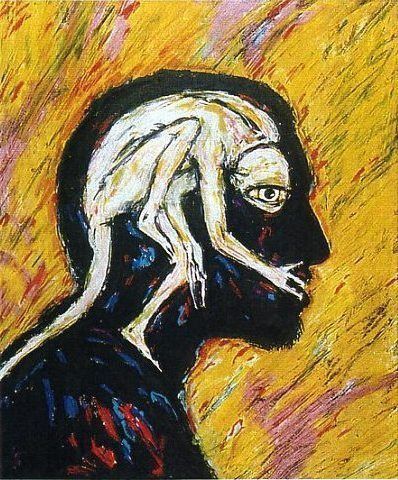“Loneliness, we are told, time and time again, is a social disease that must be cured.”
Eleanor Wilkinson in Loneliness Is a Feminist Issue (2022).
I’ve always been skeptical of the framing of loneliness as a communicable disease. It feels more like a rhetorical device which serves to pump up the salience of the issue than a helpful metaphor for describing the person or political challenge of the experience.
I found Wilkonson’s article looking at loneliness in a feminist framing a helpful challenge to some of the dominant narratives.
This included the critique of the idea that the burden for ‘curing’ loneliness fell on individuals, families and communities – and that this serves to de-emphasise the role of the state. Or as Wilkinson puts it,“Here, the cure for loneliness is an individualised solution; we must constantly work to avoid loneliness. Reaching out, striving for connection, trying to find ever-present closeness.”
She also points out that changes to state capacity (ie. austerity) have had an impact on the opportunities for social connection. There are fewer youth groups, fewer social spaces like libraries and less funding for group activities at a local level. When the state tells the ‘story’ of loneliness, it skips over this aspect of its role – “ there is no reflection on how state policy may have led to more fractured communities”. It is also harder to socialise or put yourself out there in the world when you do not have the money to do so. And that those people who are most affected by cuts to state expenditure (ie. vulnerable people) are also more likely to be lonely.

Finally, she also points out that misogynistic tropes relating to women and loneliness are long standing (ie. the crazy cat lady), and serve to stigmatise women who might have chosen solitude. This reminded me of the BBC4 podcast series The Witch, which gave historical context for the fear and projections which were put on to women who strayed outside traditional family contexts.
Overall, I think its helpful to have more complex stories about loneliness from a person and political perspective. Simple stories can make it easier to get trapped in a doom spiral, making space for the complexity can give us room to get out.
Wilkinson, E. (2022). Loneliness Is a Feminist Issue. Feminist Theory, 23(1), pp.23–38. doi:https://doi.org/10.1177/14647001211062739.
Note: the title of this post is also a quote from this paper.
